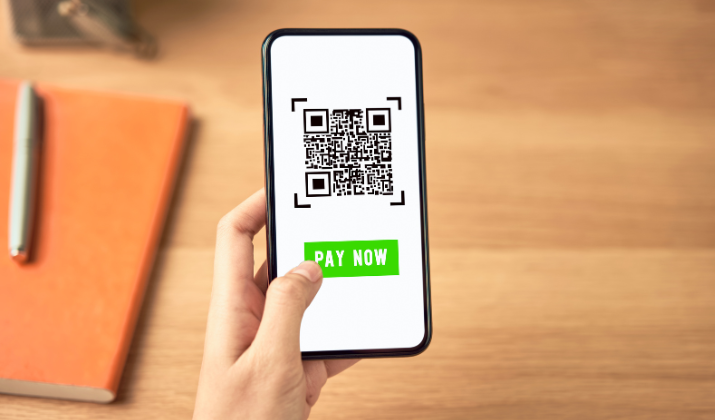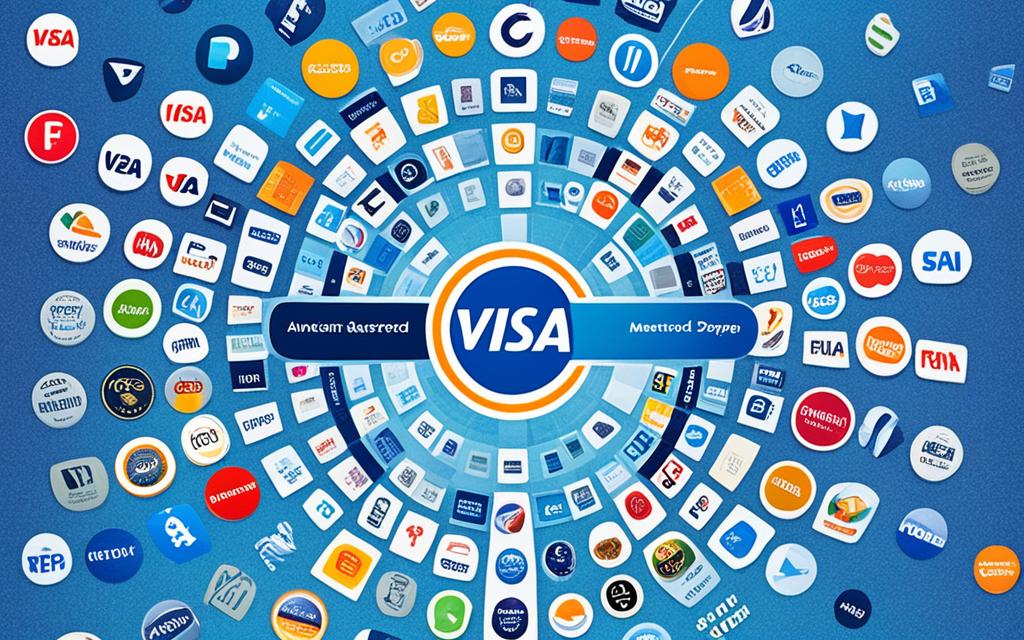Choosing the right payment processing solution is crucial for the success of your business, as it can impact your costs, customer experience, and overall efficiency.
If you use Shopify, you have the option to process payments using Shopify Payments, or you can also integrate the services of third-party payment enablers.
In this article, we will compare the two options, Shopify Payments, the built-in payment gateway of the Shopify platform, with third-party payment processors.
We will delve into the costs, customer experience, compatibility, security, and more, which will help you make an informed decision for your eCommerce store.
Let’s get started.
Also Read: Shopify vs WooCommerce
Try Shopify free followed by first month at just $1. No credit card required. Limited Time Offer.
What is Shopify Payments?
Shopify Payments, the built-in payment gateway of the Shopify platform, provides a seamless and user-friendly way to process transactions for both merchants and customers.
With Shopify Payments, you can conveniently track orders, payments, and payouts right from your Shopify dashboard.
Shopify Payments supports multiple payment options, including major credit cards and digital wallets, making it easy for customers to complete their purchases.
The inbuilt payment gateway offers a secure and reliable transaction process, ensuring a smooth checkout experience.
When you use Shopify Payments, you don’t have to pay any third-party transaction fees for transactions that are carried out through Shopify Payments, Shop Pay, Shop Pay Instalments, and Paypal Express.
Check Out: Webflow Ecommerce vs Shopify
There is no transaction fees on manual payment methods either. This includes cash on delivery (COD), and bank transfers.
Shopify Plus merchants get an added benefit. They don’t pay any transaction fees for other payment methods used.
One of the key advantages of Shopify Payments is its competitive transaction fees. The fees vary depending on the Shopify plan chosen by the merchant, allowing you to find the pricing structure that best suits your business needs.
This transparency enables you to manage your costs effectively and optimize your profit margins.
In terms of payment processing time, credit card payments made through Shopify Payments typically take between 24-72 hours.
This ensures timely completion of transactions and efficient cash flow management.
Check Out: Shopify vs Opencart
Try Shopify free followed by first month at just $1. No credit card required. Limited Time Offer.
Features of Shopify Payments
Shopify Payments offers a range of features designed to enhance the payment process:
- Seamless integration with your Shopify store, eliminating the need for third-party payment gateways and streamlining your operations.
- Effortless tracking of orders, payments, and payouts from your Shopify dashboard, providing a centralized view of your financial transactions.
- Support for major credit cards and digital wallets, accommodating a wide range of customer preferences.
| Benefits | Transaction Fees | Payment Processing Time |
|---|---|---|
| Efficient and user-friendly payment process | Competitive fees based on Shopify plan | 24-72 hours for credit card payments |
Shopify Payments provides a robust and integrated solution for processing payments on the Shopify platform.
Its user-friendly interface, comprehensive features, and competitive transaction fees make it a popular choice for merchants looking to provide a seamless checkout experience for their customers.
Also Read: Shopify vs Odoo
Third-Party Payment Processors
When it comes to processing online transactions, third-party payment processors play a crucial role in facilitating smooth and secure payment experiences between buyers and sellers.
These external services offer a range of features and functionalities that enhance the efficiency and convenience of conducting business online.
Some popular examples of third-party payment processors include PayPal, Stripe, Square, Authorize.net, and Braintree.
These platforms have gained popularity due to their robust set of features and widespread adoption in the ecommerce industry.
If you don’t wish to use Shopify Payments and want to enable credit card payments, you have the option of using third-party payment solutions.
Shopify has over 100 credit card payment providers to pick from.
The two types of credit card payment include direct providers and external providers. Using a direct provider, your customers can make transactions directly on your store without having to pay at a third-party checkout.
On the other hand, if you’re using an external provider, your customers make transactions on a checkout page that’s hosted outside of your store.
Check Out: Whop vs Shopify
Try Shopify free followed by first month at just $1. No credit card required. Limited Time Offer.
Features & Flexibility
One of the key advantages of utilizing third-party payment processors is the wide range of features they offer.
These processors support multiple payment options, allowing customers to pay with various methods such as credit cards, digital wallets, or even cryptocurrencies.
Moreover, third-party payment processors are designed to accommodate global transactions. They support a vast array of currencies and cater to customers across different countries.
The coverage enables businesses to expand their reach and tap into international markets.
Explore: Big Cartel vs Shopify
Transaction Fees & Security Features
All third-party payment providers charge a fees on all transactions even if Shopify Payments is activated on your account. However, PayPal and manual payments are excluded from any fees when you have Shopify payments.
For Plus merchants, third-party transaction fees might be waived when activating Shopify Payments, depending on your location. Contact Shopify Support for more information.
When it comes to security, third-party payment processors incorporate advanced security features to protect sensitive customer data.
These platforms implement encryption protocols, fraud detection systems, and secure payment gateways to safeguard the integrity of every transaction.
Also Read: Shopify vs Go High Level
Integration & Technical Expertise
Integrating third-party payment processors with your eCommerce store may require technical knowledge and expertise.
While these platforms provide comprehensive documentation and developer resources, business owners or developers may need to familiarize themselves with the technical aspects of integration.
Regardless of the integration process, using third-party payment processors can offer a significant advantage in terms of functionality, flexibility, and security.
However, it’s important to carefully evaluate the specific needs of your business to determine which payment processor aligns best with your goals and requirements.
Explore: Storefunnels vs Shopify
Try Shopify free followed by first month at just $1. No credit card required. Limited Time Offer.
Pros & Cons of Shopify Payments
When it comes to accepting payments on your Shopify store, Shopify Payments offers several advantages.
Let’s take a closer look at the benefits and limitations of using this built-in payment gateway.
Shopify Payments – Benefits
1. Seamless Integration: Shopify Payments offers seamless integration with your Shopify store, eliminating the need for third-party integrations or plugins.
This ensures a smooth and hassle-free payment processing experience.
2. No Additional Transaction Fees: One of the biggest advantages of Shopify Payments is that it eliminates the need for additional transaction fees.
Unlike third-party payment processors, Shopify Payments does not charge any extra fees on top of your regular Shopify subscription.
3. Chargeback Assistance: Shopify Payments provides chargeback assistance to help you resolve any payment disputes efficiently.
This can save you time and effort in dealing with chargebacks and protecting your business from potential losses.
Explore: Shopify vs Gambio
Shopify Payments – Limitations
1. Limited Availability: Shopify Payments is currently available in a limited number of countries. Before choosing this payment gateway, it’s essential to ensure that it is supported in your country of operation.
2. Potential Holds on Funds: In some situations, Shopify Payments may place holds on your funds. This typically happens when there are concerns around transaction legitimacy or customer disputes.
While these holds are temporary, they can impact your cash flow and require additional monitoring.
3. Fewer Customization Options: Compared to third-party payment processors, Shopify Payments offers fewer customization options for your checkout experience.
If you require specific customizations or features, you may need to explore alternative payment gateway options.
Explore: Shopify vs Jimdo
Pros & Cons of Third-Party Payment Processors
When it comes to accepting payments online, third-party payment processors offer advantages and certain limitations too.
Take a look.
Advantages
- One of the notable advantages of using third-party payment processors is the wide range of payment options they provide. These processors support various payment methods, including major credit cards, digital wallets, and even cryptocurrency, giving your customers the flexibility to choose their preferred payment method.
- Additionally, third-party payment processors offer global coverage, allowing you to accept payments from customers around the world. This feature is especially beneficial if you have an international customer base or plan to expand your business globally.
- Moreover, these payment processors often offer a customizable checkout experience, enabling you to design a seamless and branded payment page that aligns with your store’s aesthetics and enhances the overall customer experience.
Check Out: Shopify vs Medusa.js
Limitations
- Some processors may charge additional transaction fees on top of regular processing fees. It’s important to understand the fee structure and assess the impact on your profit margins.
- Another concern with third-party payment processors is potential security issues. While reputable processors prioritize security measures, there is still a risk of fraudulent activities and data breaches. It’s essential to choose a trusted and well-established payment processor to mitigate these risks.
- Additionally, payout times with third-party payment processors can be longer compared to built-in payment gateways like Shopify Payments. Depending on the processor and your account settings, it may take a few days for funds to reach your bank account.
Check Out: Shopify vs Mijndomein
Try Shopify free followed by first month at just $1. No credit card required. Limited Time Offer.
Conclusion
The decision between Shopify Payments and third-party payment processors is more of an individual call.
Consider your business needs, target audience, global reach, and their fee structures to ascertain which payment option is more suited to your needs.
If you primarily operate in a country where Shopify Payments is available, it can provide a seamless integration and cost-effectiveness.
However, if you have an international customer base and require more customization options, a trusted third-party payment processor may be the better choice.













